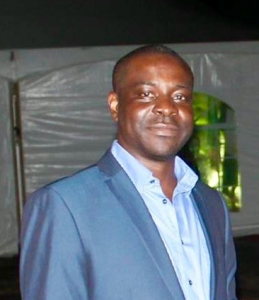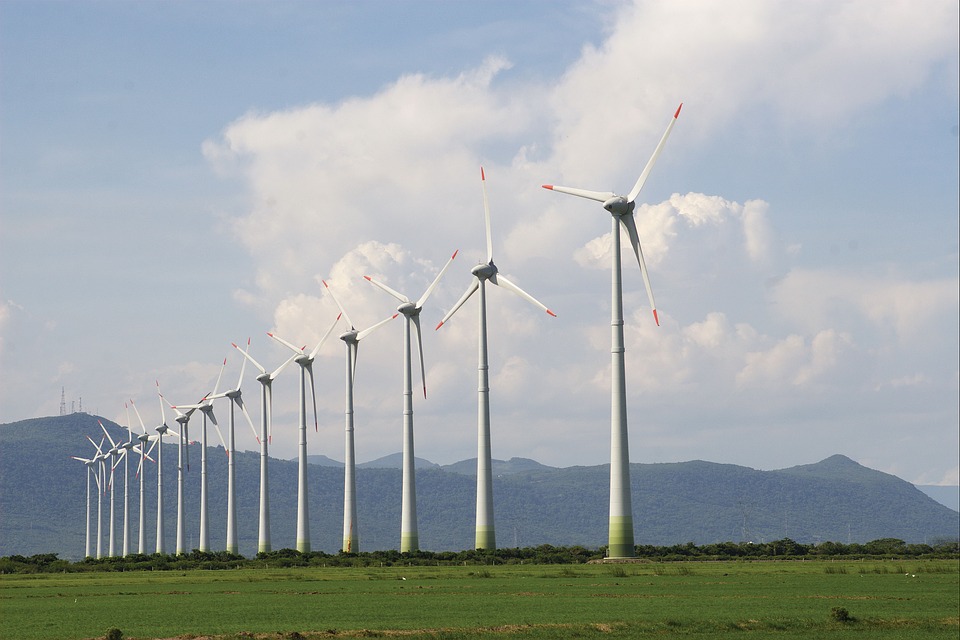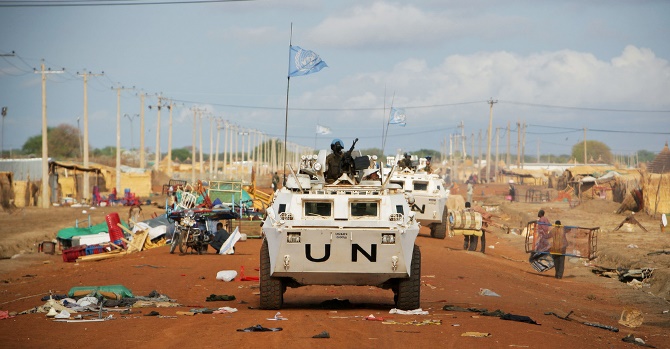Professor in Practice, Duncan Green, interviews DFID’s Wilf Mwamba about how donors understand and work with non-state power holders, like armed groups, faith organisations and traditional chiefs, in fragile places?

Democratic Republic of the Congo
One of the highlights of the recent conference on accountability and empowerment in fragile/conflict states was hanging out with a true ‘development entrepreneur’, Wilf Mwamba. Wilf, a rising star in DFID, set up some of the most interesting ‘adaptive management’ programmes in Nigeria, and has been in the DRC for the last 18 months, as Team Leader for governance, conflict and humanitarian. Over a beer or three, Tom Kirk and I interviewed Wilf for our LSE research project on how donors understand and work with ‘public authority’ – power held by groups and individuals outside the formal state.
Here are some highlights. Wilf reckons this blog will probably be ‘career limiting’, and asked me to include a standard disclaimer from him: ‘These are my personal views and the opinions and ideas expressed here are absolutely my own, not those of my employers.’ Got that, everybody?
Going beyond the state: Armed Groups
‘DFID has long been state-centric. These days, its building stability framework recognises that it has to think beyond the state. But in practice, this is hard. With militias and armed groups, the problem is mainly political – even if opposition armed group are locally legitimate, backing warlords is not UK policy! Also, DFID is not really equipped to engage these actors. Maybe the FCO or Stabilisation Unit guys working with or embedded in UN outfits are better placed.’
Beyond the state: Faith Organizations
Wilf was impassioned about the need for aid agencies to work better with faith organisations (might have something to do with having trained for 7 years to be a Catholic priest, before changing his mind).
‘We work with the Church in DRC, because they are a provider (often the main provider) of services like health and education. We also work with them on elections-focussed programmes involving church-backed groups concerned with social justice issues and service delivery (eg the Justice and Peace Commission). It started happening out of necessity, rather than ideology, or due to their importance in our power analysis.
This is unusual in DFID. It is ‘unwritten’, but in most places we have stayed away from faith-based organisations. I think it was a cultural / intellectual thing, and to do with not taking sides in places where conflict and religion intersect (many staff have worked in such places, so bring those attitudes with them to the DRC).
In DRC, however, there is little religious conflict and Catholicism is dominant. Working with them is a necessity in many areas, as they are the de facto state.’
Going beyond the state: Traditional Chiefs
‘There is a notion within DFID that traditional chiefs are part of the problem – they are seen as custodians of inequality, child marriage etc. Which is true in some places, but not universally. They are seen as a power that aid should help to destroy or make go away, a relic of past illiberality and underdevelopment. In my experience, DFID doesn’t really talk about them much except to negotiate access to a given area or a section of their population.
I would argue that DFID does not get the traditional system, not least because traditional leaders don’t speak the same ‘language’ (e.g. rights, development). They disagree with us in public on issues like social norms. In contrast, CSO leaders often speak DFID’s lingo of social justice and rights, making them part of a more relatable ‘elite’.’

What does the world look like to DFID?
‘Sometimes it can feel like we want everywhere to look like the West, and see anything non-Western as a threat, a risk, or just backward. I think like many other development organisations, DFID struggles with anything that does not fit its anglophone/European paradigm. So for example, it does not always ‘see’ chiefs for example, and when it does, it generalises them as ‘traditional authorities’ rather than trying to understand the institution in detail. Or it dismisses all of them as ‘co-opted’. But NGOs speak our language and don’t challenge DFID, so they’re OK.’
And for us as researchers, one final hopeful message: Wilf reckons that research plays an important role within DFID in legitimising new practice.
This article is part of the #PublicAuthority blog series, part of the ESRC-funded Centre for Public Authority and International Development.
Duncan Green (@fp2p) is Strategic Adviser for Oxfam GB, author of ‘From Poverty to Power’ and a Professor-in-Practice at LSE.
This article was first published on the From Poverty to Power blog.
The views expressed in this post are those of the author and in no way reflect those of the International Development LSE blog or the London School of Economics and Political Science.






You just torpedoed Wilf’s career. However, his argument is right. Should “development ” always be defined from a western perspective through western lenses? I know in Africa we fall short on many basic rights but institutions like cultural leaders or faith based organizations that could help achieve these are usually alienated simply because they do not share the same “language” donor agencies speak. Reasons for the incompatibility are numerous but am sure common grounds should be sought. Most African governments are ineffective at meeting the needs of their people, leaving the church and cultural institutions as the only social support base. Alienating this base negatively affects the impact or objective of intervention significantly. Thus despite the good results, relapses happen and all is lost in the mid to long term.